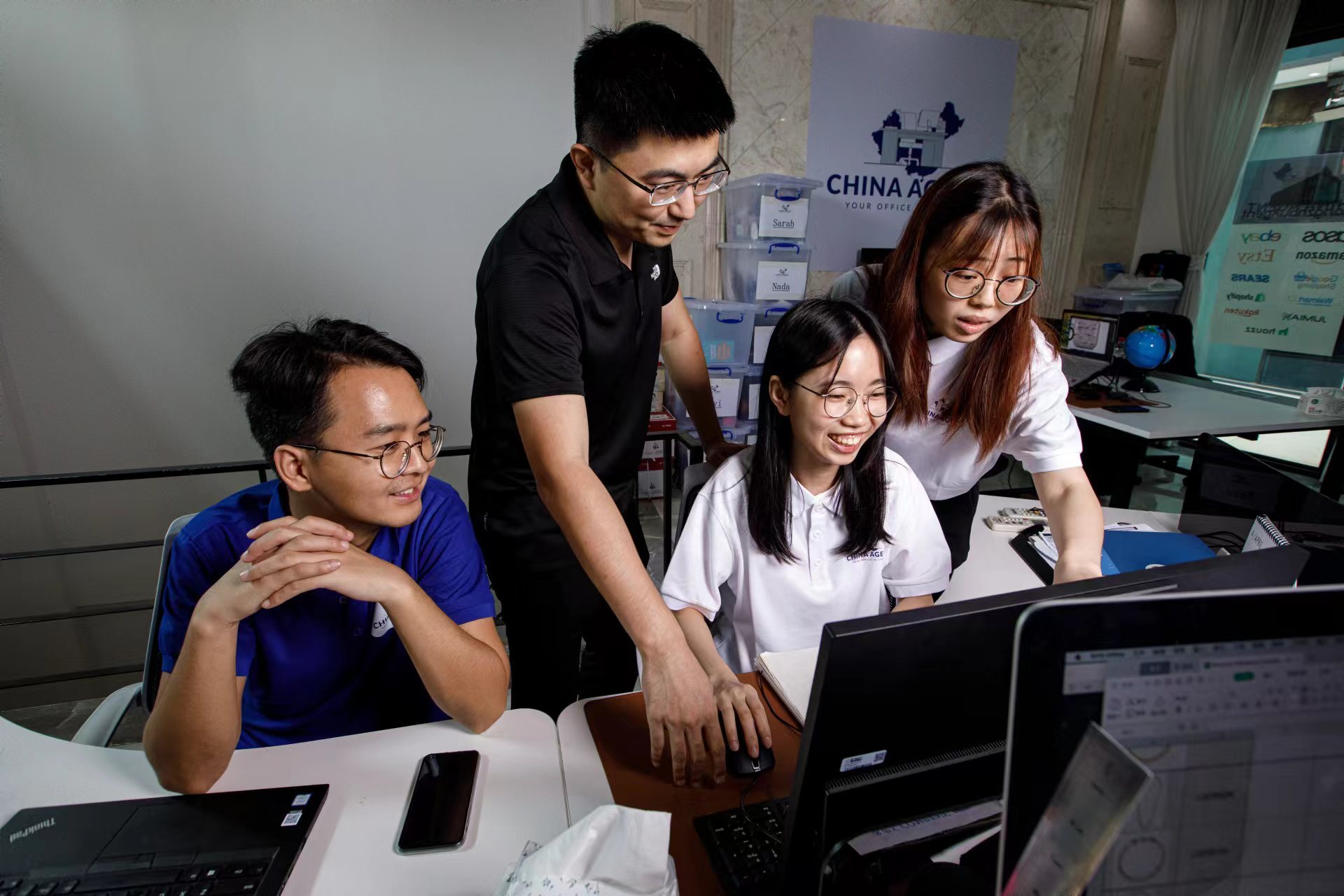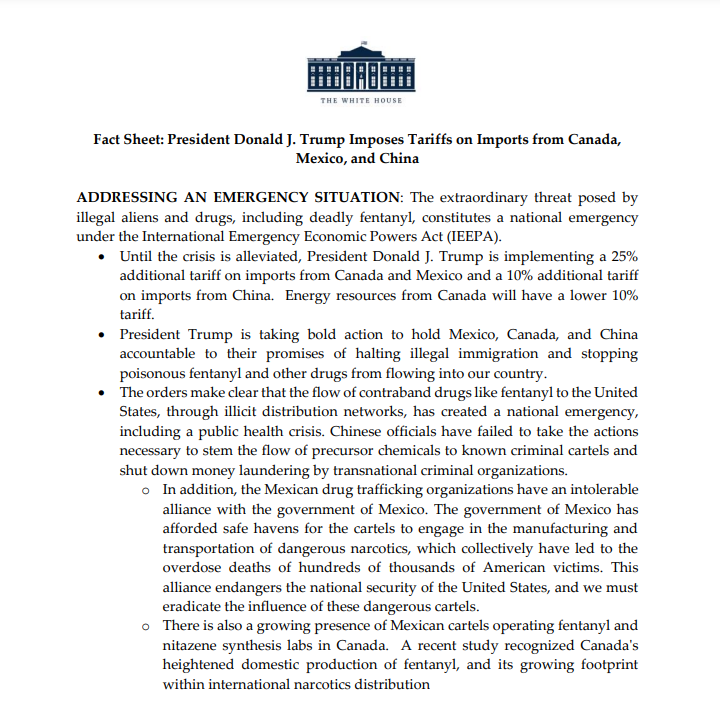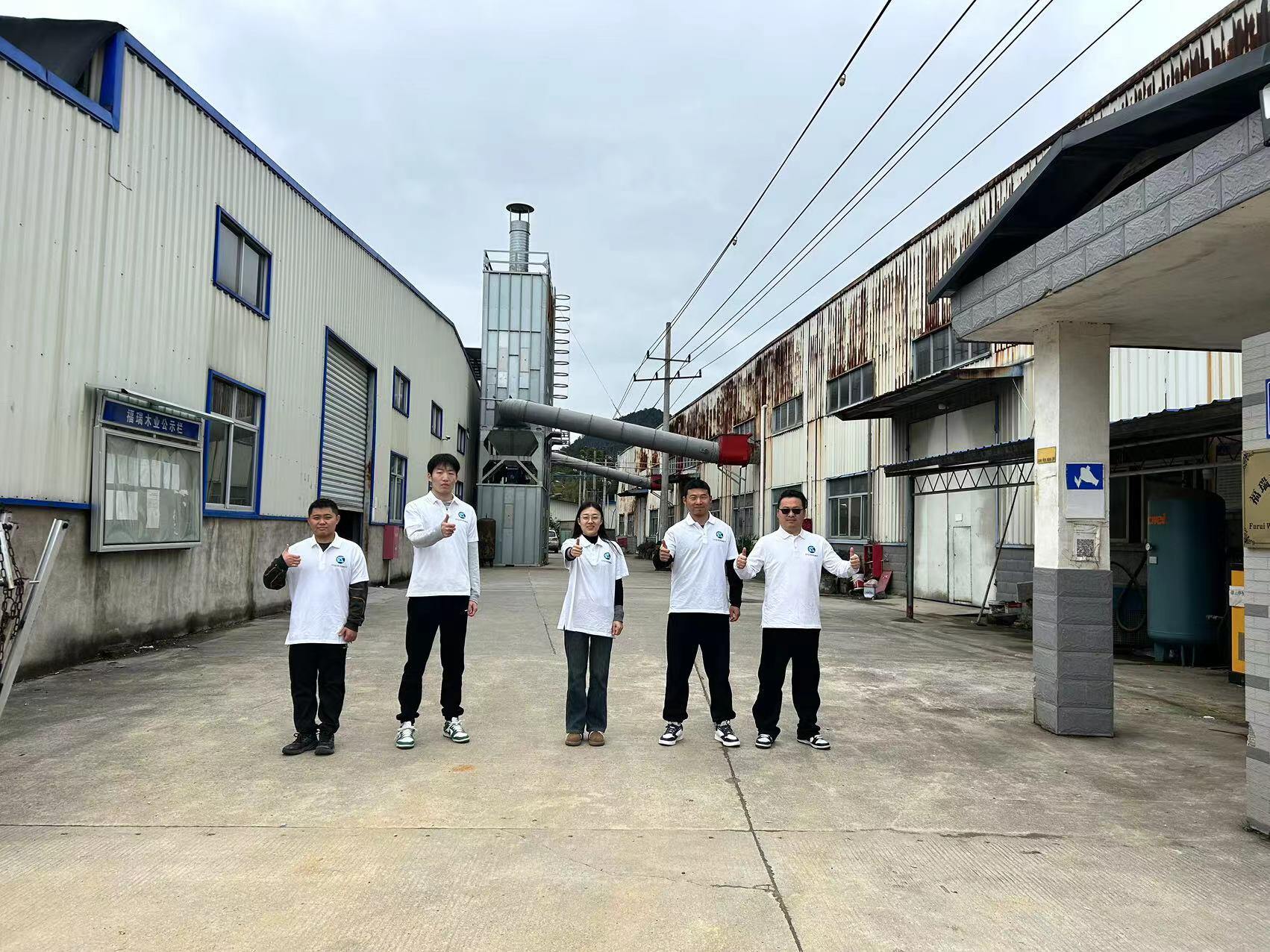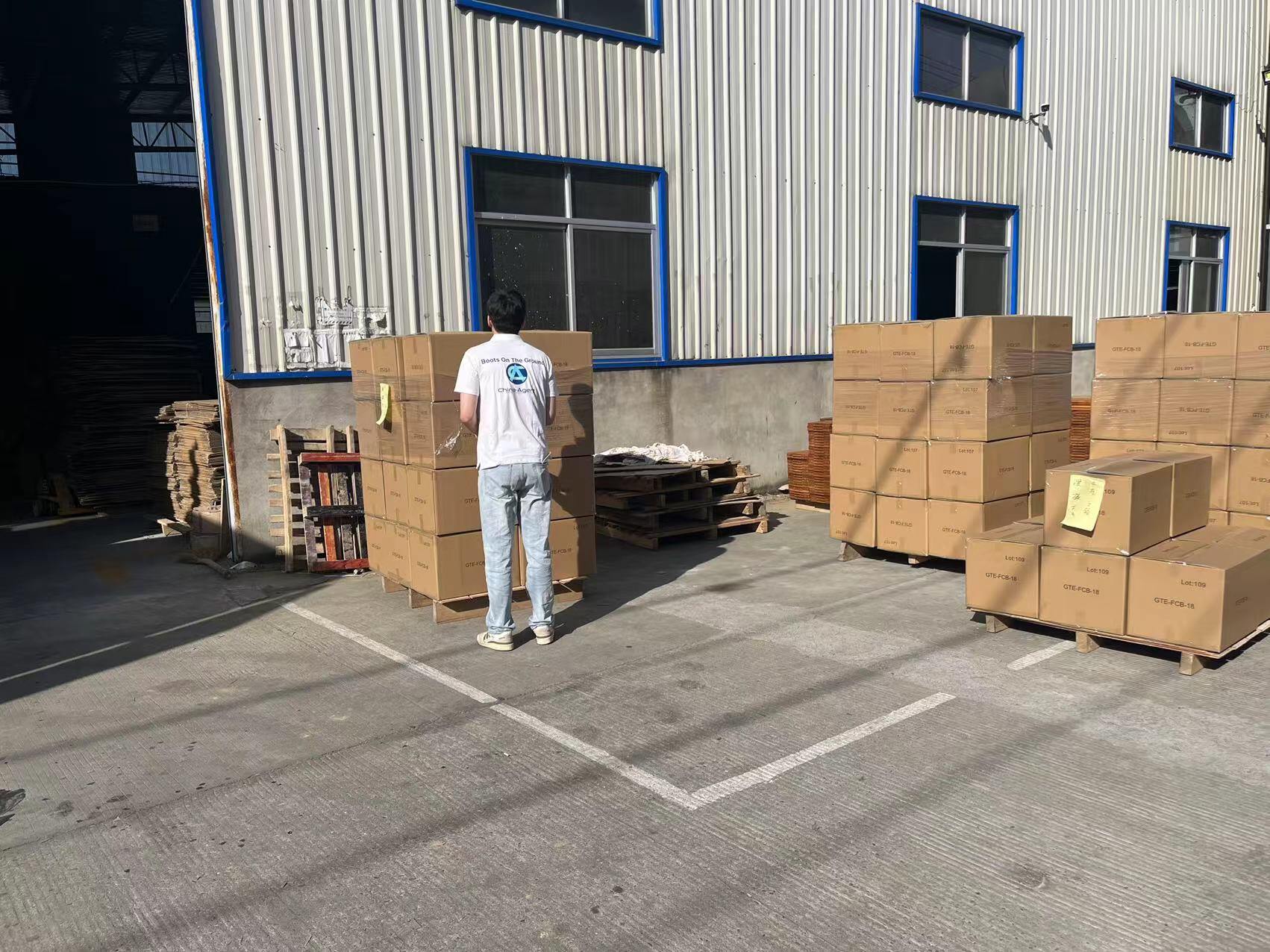How to Verify a Supplier in China (The Real Method — Not What Google Says)
By China Agent Ltd
Most people think verifying a supplier in China is about checking websites, licenses, and Alibaba profiles.
It’s not.
Factories that don’t exist pass online checks every day.
Trading companies pretend to be manufacturers.
Scammers rent offices for one afternoon to take staged photos.
If you rely on Google’s verification steps, you’re walking into China with your guard down.
Let’s go through what actually works — the method buyers inside China use, not the method written on Western blogs.
1. Online Checks Are Stage Zero
Online checks are a filter. Not protection.
They eliminate the clowns, not the professionals.
A real scammer can pass:
- A business license check
- An Alibaba “Gold Supplier” badge
- A phone call
- A Zoom tour
- A company website
- A Chinese bank account
They know what you expect to see.
They’ve seen a hundred buyers before you.
Online verification gives you confidence.
But confidence without evidence is how people lose deposits.
So treat online checks as Stage Zero — necessary, but useless alone.
2. The Business License Tells You Almost Nothing
Foreign buyers love business licenses.
Chinese suppliers know that.
Here’s the truth:
Every scammer in China has a perfect business license.
Why?
Because anyone can legally register a trading company, print a certificate, and open a bank account.
A business license does NOT tell you:
- Whether the address is real
- Whether production actually happens there
- Whether capacity matches their claims
- Whether they are a manufacturer or a trader
- Whether the legal representative is involved or a borrowed name
It only tells you that a company exists on paper.
You’re not buying paper.
You’re buying reality.
3. The Type of Company Matters More Than the Name
You can’t verify a Chinese supplier without identifying the kind of company they really are:
Manufacturer
Real factory. Real production lines. Real capacity.
This is who you want — if they actually exist.
Trading company pretending to be factory
They send you someone else’s photos.
They mark up prices.
When things go wrong, they vanish.
Scammer
They don’t produce anything.
They exist only to collect deposits.
The problem?
All three show similar online footprints.
Only on-ground verification separates them.
4. The Only Reliable Verification Is Offline
Everything up to this point is digital.
Digital is easy to fake.
Nothing replaces someone standing at the gate of the factory, talking to real humans, taking real photos, and confirming the business license matches the building’s wall.
Real verification has four parts:
1. Identity Verification
- SAIC database (real ownership)
- Legal rep cross-check
- Company chops (official seals)
- Tax registration & credit rating
- Litigation history
If ownership doesn’t match what you were told — stop.
2. Factory Capacity Verification
This is the part Google never mentions.
You need to confirm:
- Real address
- Production lines
- Machines
- Workers
- Output rate
- Subcontracting
- Certifications
- Current order load
- QC system
If there’s no noise, no smell, no workers — it’s not a factory.
3. Financial Risk Verification
A real factory can always show:
- Past invoices
- Production flow
- Supplier list (selective)
- Export history
Shipping records
A fake supplier sends excuses.
4. Contract Enforcement Verification
The final piece — and the one 95% of buyers skip.
You must confirm:
- The factory understands the contract
- The contract is in Chinese
- The jurisdiction is local
- Penalties are clear
- They accept onsite inspections
- They agree to proof before payment
If they refuse this, they’re telling you the truth:
They can’t be trusted.
5. Why Western “Verification Companies” Fail
Most do remote checks.
They email the factory.
They ask for photos.
They check databases.
That’s not verification.
That’s copy-paste.
You cannot verify a factory from 7,000 miles away.
And you definitely cannot verify a factory by asking the factory for the evidence.
It’s like asking a student to grade their own test.
6. What Real Verification Looks Like (China Agent Method)
Here’s how verification works when it’s done properly — inside China.
Step 1 — Identity Check
We confirm legal status, ownership, tax status, litigation, and credit.
Step 2 — Onsite Factory Visit
Our team shows up unannounced.
We walk the floor.
We check machines.
We check output.
We check workers.
We confirm the real address.
Step 3 — Geo-Tagged Evidence
Photos + videos with time, date, and GPS metadata.
No staged tours.
No stock images.
No “trust me.”
Step 4 — Owner Interview
We sit with the legal representative.
We confirm willingness to sign a Chinese-law contract.
This reveals who they are instantly.
Step 5 — Contract + Payment Protection
If the factory passes verification, we translate all commitments into an enforceable, Chinese-law contract with penalties tied to delivery and quality.
Step 6 — Proof Before Payment
No payment until you have photos, QC evidence, and physical confirmation.
This is the only method that works consistently.
7. The Real Reason You Verify a Supplier
Verification isn’t about trust.
It’s about control.
When you verify a supplier, you get:
- Control over quality
- Control over payment
- Control over timelines
- Control over what happens when things go wrong
Most buyers lose money in China because they hand over money before they have control.
Verification is the tool that gives it back.
Final Takeaway
If your verification is online, you don’t have verification.
You have hope.
Real verification is done on the ground, in China, by someone who speaks the language, understands the culture, and is willing to sit across from the boss and get the truth.
That’s what China Agent does.
That’s what protects your money, your product, and your business.




